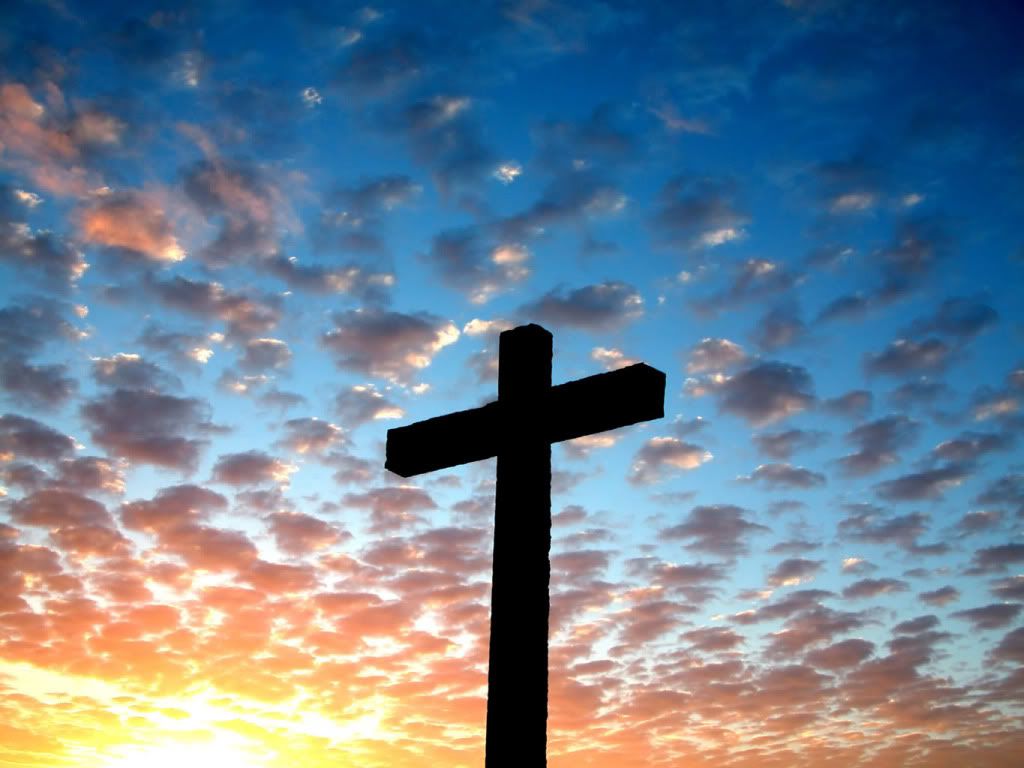To most of us, I suppose, life and peace are the two most precious things, for without them the love of friends and family, the pleasures of God’s world, the possessions we have been given, cannot be enjoyed. Life, in the spiritual sense, is given in exchange for selfishness. Peace also is given when we stop doing only what we please. It never seems possible that life and peace will be ours if we let go ----the enemy sees to that, relentlessly trying to persuade us how necessary it is to hang onto our rights, to keep control. Have we ever, even once in our lives, found deep and lasting peace by that method?
God draws us always away from “Egypt,” land of bondage, of self-will, and idolatry, to what He calls “a place of rest.”
“You shall not act as we act here today,” Moses told Israel, “each of us doing what he pleases, for till now you have not reached the place of rest” (Deut. 12:8).
The Music of His Promises by Elisabeth Elliot












